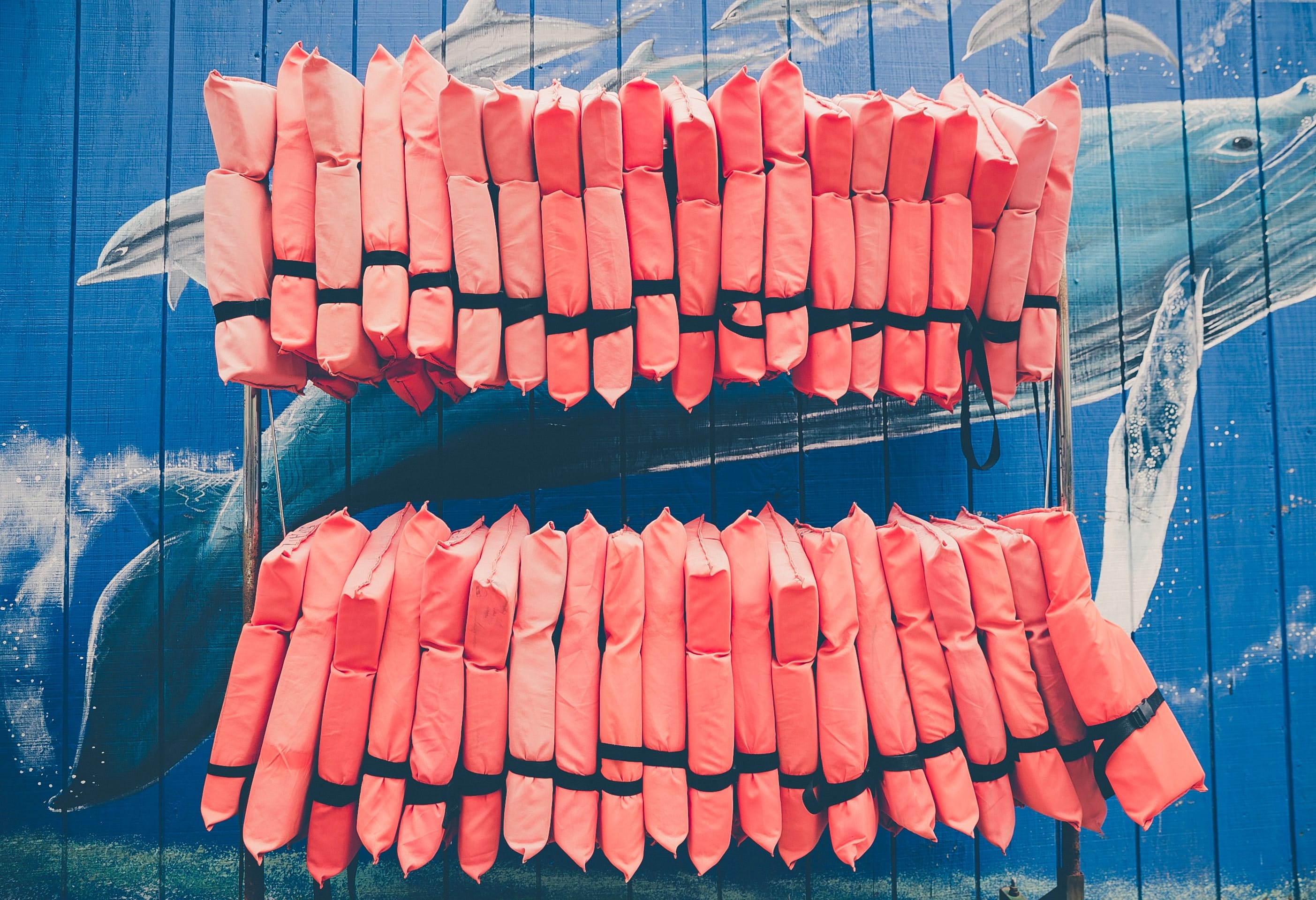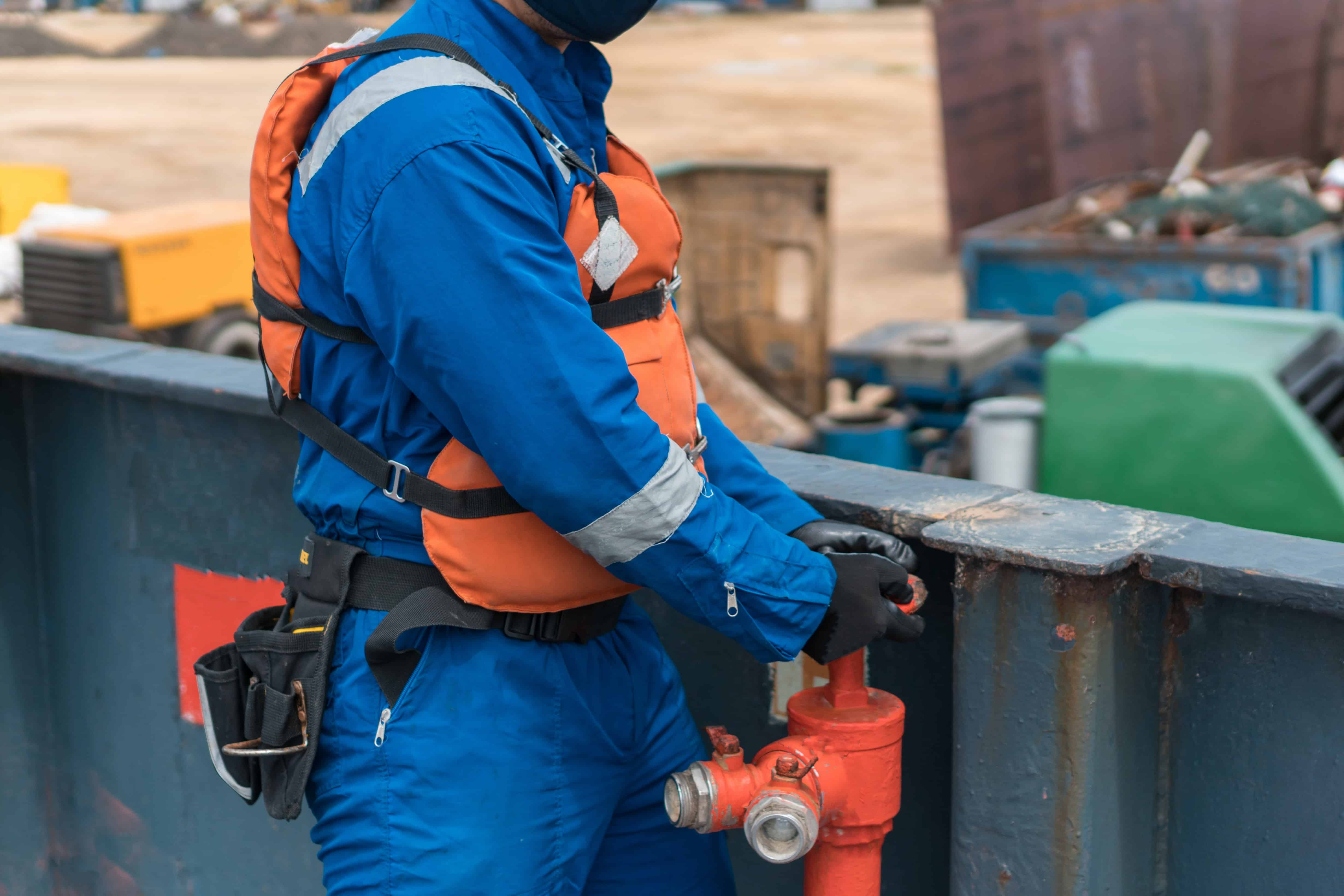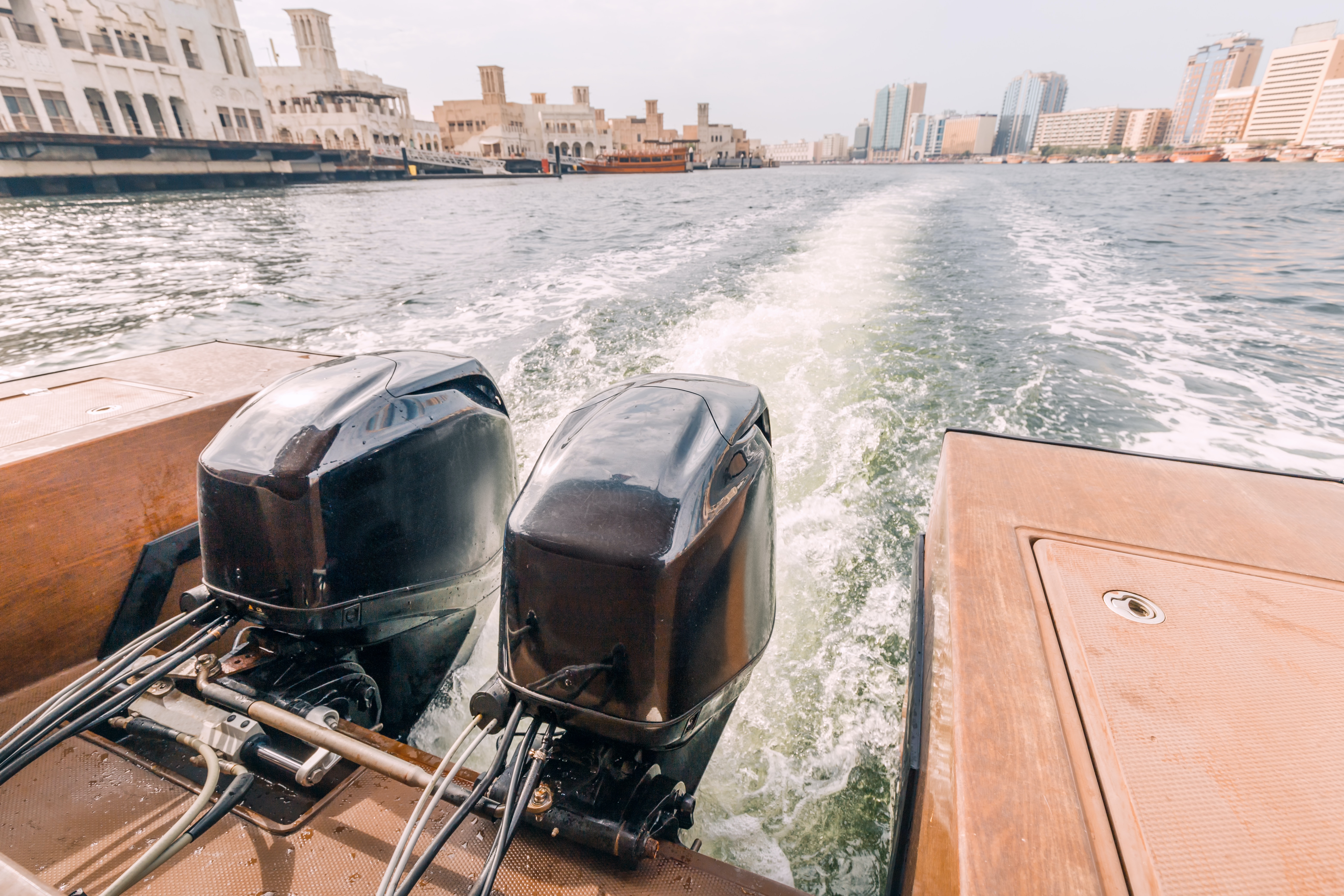Safe Boating 101: Tips for Beginners
Boating is a thrilling adventure that opens up a world of exploration and relaxation on the water. However, like any activity, it comes with its own set of responsibilities. Ensuring safety on the water is paramount, especially for beginners who are just starting their boating journey. Here, we have collected a few essential tips and guidelines for safe boating, making sure every voyage is a memorable and secure experience.
1. Education is Key

Before embarking on any boating adventure, it is crucial to educate oneself about boating safety rules, regulations, and basic navigation techniques. Many regions offer boating courses and certification programs that cover topics such as navigation, safety equipment, and emergency procedures. These courses not only equip boaters with essential knowledge but also instill confidence in handling various situations on the water.
2. Always Wear Life Jackets

Life jackets are the most critical piece of safety equipment on a boat. Regardless of swimming ability, age, or experience level, every person on board should wear a properly fitted life jacket at all times. In the event of an emergency, a life jacket can be a lifesaver, providing buoyancy and keeping individuals afloat until help arrives.
3. Conduct Safety Checks

Performing pre-departure safety checks is a crucial step in ensuring a safe boating experience. This includes inspecting the boat’s engine, fuel, lights, and other essential systems. Additionally, ensure that all safety equipment, such as life jackets, fire extinguishers, and distress signals, are in good working order and readily accessible.
4. Be Weather-Wise

Before setting out, always check the weather forecast. Sudden changes in weather conditions, especially in coastal or open water areas, can pose significant risks to boaters. Avoid boating during storms, heavy winds, or foggy conditions. It’s better to delay a trip than to risk venturing out in adverse weather.
5. Know the “Rules of the Road”

Understanding the “Rules of the Road” for boating is crucial for safe navigation. This includes knowing how to yield the right of way, understanding navigation markers and buoys, and knowing the meaning of various sound signals. Adhering to these rules helps prevent collisions and ensures smooth traffic flow on the water.
6. Maintain a Safe Speed

Excessive speed can be a significant factor in boating accidents. Always operate your boat at a safe and responsible speed, especially in congested areas, around other vessels, or in unfamiliar waters. Slower speeds allow for better maneuverability and reaction time.
7. Stay Alert and Vigilant

Maintain a high level of situational awareness while on the water. Pay attention to your surroundings, including other boats, buoys, markers, and potential hazards. Avoid distractions, such as excessive phone use, and always be prepared to react quickly to changing conditions.
8. File a Float Plan

Before heading out, let someone know your boating plans. Provide them with details about your destination, expected return time, and contact information. This precaution ensures that someone is aware of your whereabouts in case of an emergency.
Conclusion
In conclusion, safe boating is a responsibility that every boater, especially beginners, should take seriously. By adhering to these fundamental guidelines, boating enthusiasts can embark on their adventures with confidence, knowing that they have taken essential steps to ensure their safety and the safety of those on board. Remember, a safe boating experience is a fulfilling and enjoyable one. Happy boating!








